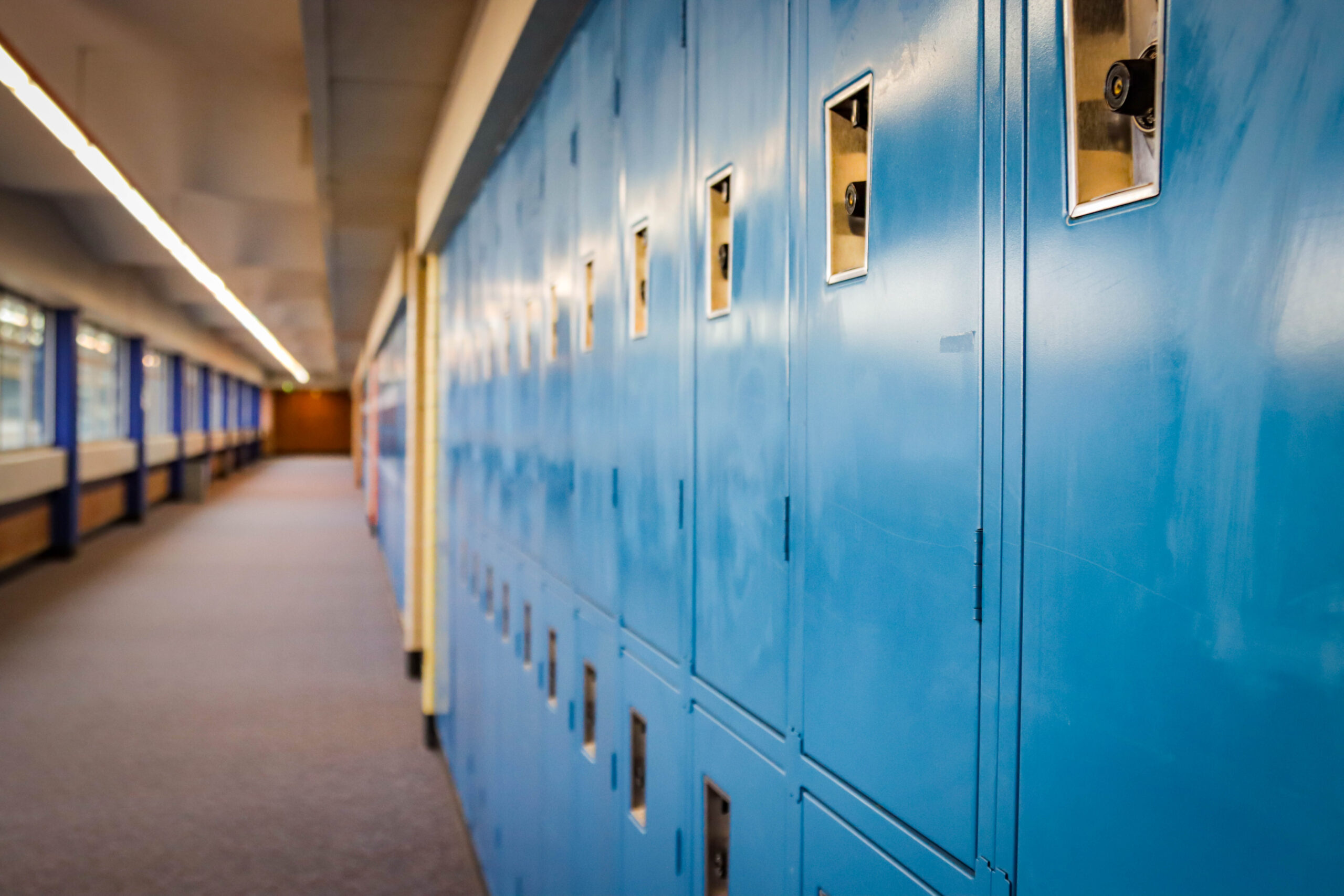By Amelia Federico Soft skills. Durable skills. Essential skills. Core skills. Whatever you call them,…
High School Heroes: Creating Pathways to Prosperity

Quick. Close your eyes. You’re back in high school at a large, traditional school. But you’re struggling to attend, because you work until midnight most days. You don’t feel like you belong because of your identity. And it’s hard to keep up in class when you don’t feel like you can ask questions for fear of being picked on. You see yourself falling further behind on credits as your confidence slips away.
Imagine what it means for a student to leave a traditional public school to attend one of the pathways high schools in the city. Pathways schools offer intensive academic and effective supports that lead students to a diploma and connect them to postsecondary opportunities. Most pathways schools provide the opportunity to earn more credits per year than traditional settings. Okay, what images come to your mind and what feelings are coming up?
Now compare the potential fear and uncertainty in your mind with first-hand accounts from students attending Emily Griffth High School, a Denver Pathways High School:
- “This school allows me to get things done.”
- “It’s less chaotic. I have teachers who trust me and see me as smart and encourage me.”
- “I’ve never had a negative experience with a teacher.”
- “I feel included.”
- “Teachers meet the learning needs of their students. That makes you feel a sense of belonging.”
And if you’re asking what success might look like, here’s another one:
- “My SAT went up 200 points.”
Emily Griffith High School serves young adults ages 17 to 20 and shares a campus with Emily Griffth Technical College in downtown Denver. It is one of 20 pathways schools serving Denver students.
Up until 2000, the school’s name was Second Chance High School. In many parts of American life, individuals who persist through second, third and fourth chances – or more – are made into heroes. America loves a comeback. It’s why we care that Michael Jordan, on his first try, didn’t make his high school varsity basketball team. And that Steve Jobs, founder of Apple, was once fired by Apple.
So if it’s good enough for Jordan and Jobs– if they can celebrate them for overcoming challenges one, two, three times and more before finding their pathway – then it’s good enough for Denver students.
We can celebrate the students who make the smooth ride from K-12 grades, and we can celebrate the students who find success after bumpy rides on curvy roads. The people of Denver are wise enough to understand there are lots of pathways to success in school and on the job. Apprenticeships, internships, trades, military service and AmeriCorps service hold value just as traditional four-year college experiences. What matters is that each student finds a pathway that fits.
Today, thanks to Denver’s imaginative alternative schools, we have the opportunity to remove any leftover stigma associated with second and third chances.
— Last year, Colorado Youth for a Change helped 167 students reenroll in school. Many of the schools where students return are pathways schools that provide smaller classes, credit recovery opportunities, and more flexibility. —
So when you think about the pathways schools in Denver, think about the young people who testified to their positive experiences. Think of Kellsey, Ladisa, America, Terrence, Kit and Lizette. They are among the young Denver heroes – our versions of Jordan and Jobs working their way to success.
To meet some young heroes and to open doors for more, click here to sign up for a Denver Opportunity Youth Initiative (DOYI) working group or opt into communications from our network.
The Denver Opportunity Youth Initiative (DOYI) launched in 2012 and works to expand employment and education pathways and opportunities for 9,000 young adults ages 16-24 who are not in school and not working.
